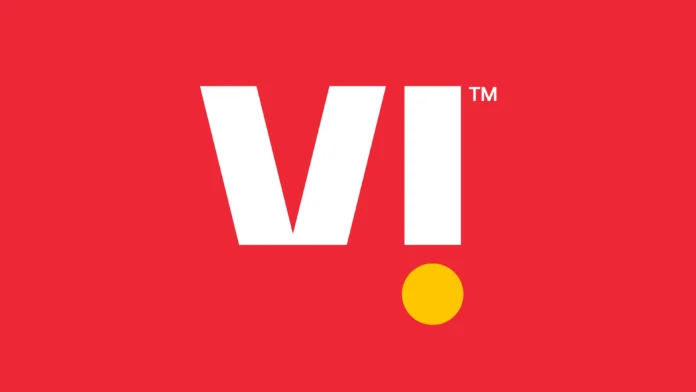Vodafone Idea Stock Plummets: A Deep Dive into Its Market Collapse
In September 2024, Vodafone Idea Ltd. experienced a dramatic plunge in its stock value, which dropped over 33%, marking the most significant decline since October 2019. The stock closed at Rs 10.36 per share on September 30, down from Rs 15.64 at the beginning of the month. This steep drop resulted in a staggering market capitalization loss of over Rs 34,000 crore, bringing the company’s total market cap down to Rs 72,000 crore from Rs 1.06 lakh crore.
The primary catalyst for this significant downturn was the Supreme Court’s rejection of a plea by telecom companies, including Vodafone Idea, to recalculate their adjusted gross revenue (AGR) dues. The company had filed a curative petition seeking three specific forms of relief: rectification of what it claimed were arithmetic and clerical errors in the AGR demand, a cap on penalties at 50% of the shortfall, and a reduction of the penalty interest rate to 2% above the State Bank of India’s (SBI) prime lending rate.
The Supreme Court’s decision was a major setback for Vodafone Idea, as the company has been grappling with mounting debt and cash flow challenges. The ruling not only exacerbated its financial difficulties but also raised uncertainties regarding its ability to implement crucial debt-raising initiatives necessary for maintaining its capital expenditure.
Following the ruling, analysts expressed concern regarding Vodafone Idea’s ability to sustain its operations. According to IIFL Securities, the company’s cash flow challenges are likely to deepen without judicial relief, leaving it vulnerable in a highly competitive market. Meanwhile, the ruling was perceived as a potential advantage for Bharti Airtel, which may benefit from market share gains as Vodafone Idea struggles to maintain its subscriber base and competitive position.
Goldman Sachs further reaffirmed its bearish outlook on Vodafone Idea, emphasizing the company’s ongoing market share erosion despite recent efforts to raise capital. The brokerage noted a strong correlation between capital expenditure and market share, predicting that Vodafone Idea could lose an additional 300 basis points in market share over the next three to four years. This prediction is based on the expectation that competitors will significantly outspend Vodafone Idea in terms of capital expenditures, potentially by at least 50%.
In an optimistic assessment, Goldman Sachs proposed a best-case scenario for Vodafone Idea. This scenario hinged on several key factors, including a 65% reduction in AGR dues, a steady increase in tariffs, and the absence of immediate government repayments. In this best-case scenario, the brokerage projected a potential share price of Rs 19 for Vodafone Idea. This figure, however, remains contingent upon significant positive developments that currently seem uncertain.
Vodafone Idea has faced a turbulent history since the merger of Vodafone India and Idea Cellular in 2018, which was intended to create a robust competitor against established players in the Indian telecom market. However, the merger has been plagued by financial difficulties and regulatory challenges, including the AGR issue, which has burdened the company with substantial liabilities.
As the telecom landscape evolves, Vodafone Idea’s ability to adapt will be crucial. The company must address its financial challenges while navigating an environment where competitors like Bharti Airtel and Reliance Jio continue to invest heavily in infrastructure and technology. The Supreme Court ruling is a stark reminder of the ongoing regulatory and financial hurdles that Vodafone Idea must overcome to ensure its survival and growth in the market.
The 33% decline in its stock during September serves as a significant indicator of the company’s ongoing struggles and the broader challenges facing the Indian telecom sector. With its market capitalization diminished and uncertainty surrounding its future prospects, Vodafone Idea must act swiftly to address its financial difficulties and reclaim its competitive edge.
The road ahead will require strategic planning, effective debt management, and the ability to secure investor confidence in a market that is increasingly competitive. The stakes are high, and the implications of the Supreme Court’s ruling will likely resonate throughout the industry as it attempts to navigate these turbulent waters. Without decisive action and a clear strategy for recovery, the company risks falling further behind in a sector that is rapidly evolving and demanding greater innovation and investment.

